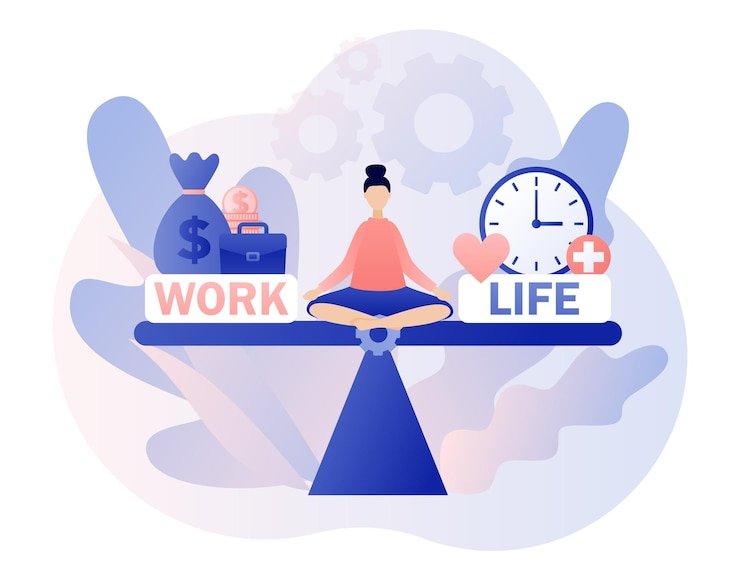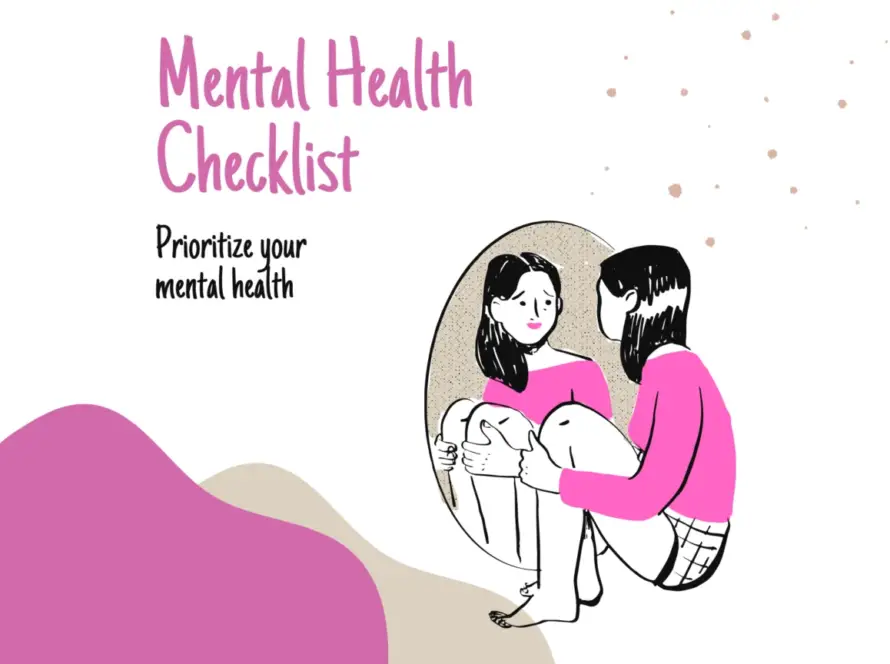Lifting Anxiety and Embracing Emotional Well-Being.“
Anxiety poses a major challenge to the complexity of mental health: moving beyond mere occasional anxiety to a constant presence that affects one’s daily life. In addition to specific stresses related to health, finances, or relationships, anxiety disorders are complex webs that affect various aspects of our lives These disorders are similar to generalized anxiety disorder
(GAD), panic, and social anxiety disorder, which is not normal anxiety. They are barriers that can hinder our emotional well-being.
Symphony of generalized anxiety disorder (GAD): Generalized anxiety disorder causes restlessness, fatigue, difficulty concentrating, and persistent physical illness Those caught in The GAD type often struggles with chronic anxiety that can persist for months or years. The impact on a person’s mental health is evident, affecting the quality of sleep and daily activities.
An unexpected crescendo of fear:
Panic attacks add a different note to the anxiety anthem. Individuals marked by intense panic have increased physical symptoms, ranging from a racing heart to shaky feelings of fear of not being recognized or of being a constantly out-of-control partner. The mental health journey of those with panic disorder begins with the unpredictability of the next panic attack.
Social anxiety: The struggle of the silent observer When individuals are talking about social anxiety, they contend with an intense fear of judgment, which inhibits social participation. Physical expressions such as dry eyes or avoiding eye contact
reflect an internal battle with the fear of negative judgment. Mental health barriers manifest as difficulty attending work or school, preventing them from pursuing daily aspirations.
Understanding the mosaic of anxiety symptoms: Anxiety refers to a mosaic of symptoms, with each depression reflecting a different aspect of a mental health challenge. From restlessness and irritability to muscle aches and sleep disturbances, anxiety leaves a mark on the mind and body. Acknowledging these symptoms is an important step in clearing a serious mental illness and journeying towards healing.
Mental wellness approach: Getting Help: The first step in overcoming anxiety is to open up to friends, family, or trusted mental-health professionals. Sharing the weight lightens the load.
Holistic self-care: Achieving mental well-being extends beyond the mind. Regular exercise, a balanced diet, and sleep priorities help to cope with overall mental illness.
Mindfulness practices: When combined with mindfulness techniques such as deep breathing, meditation, or yoga, they provide tools to calm the mind and navigate the turbulent waters of anxiety.
Challenging negative thoughts: The battle for mental health often involves confronting and challenging negative thoughts. Identifying and challenging these thoughts is a powerful way to combat anxiety.
Gradual intervention: Gradually confronting fear with therapist guidance as needed allows individuals to overcome anxiety triggers and regain control during their mental health journey. As we navigate the complexities of anxiety, understanding and embracing mental well-being become a compass, pointing us towards a brighter, more challenging future Remember that you
are not alone in the midst of challenges, and they can walk the road to healing with support, self-compassion, and an unwavering belief that a brighter tomorrow is possible
Follow us on our Channel: http://whatsapp.com/channel/0029Va9oA8mJuyALcQnCAm26:












